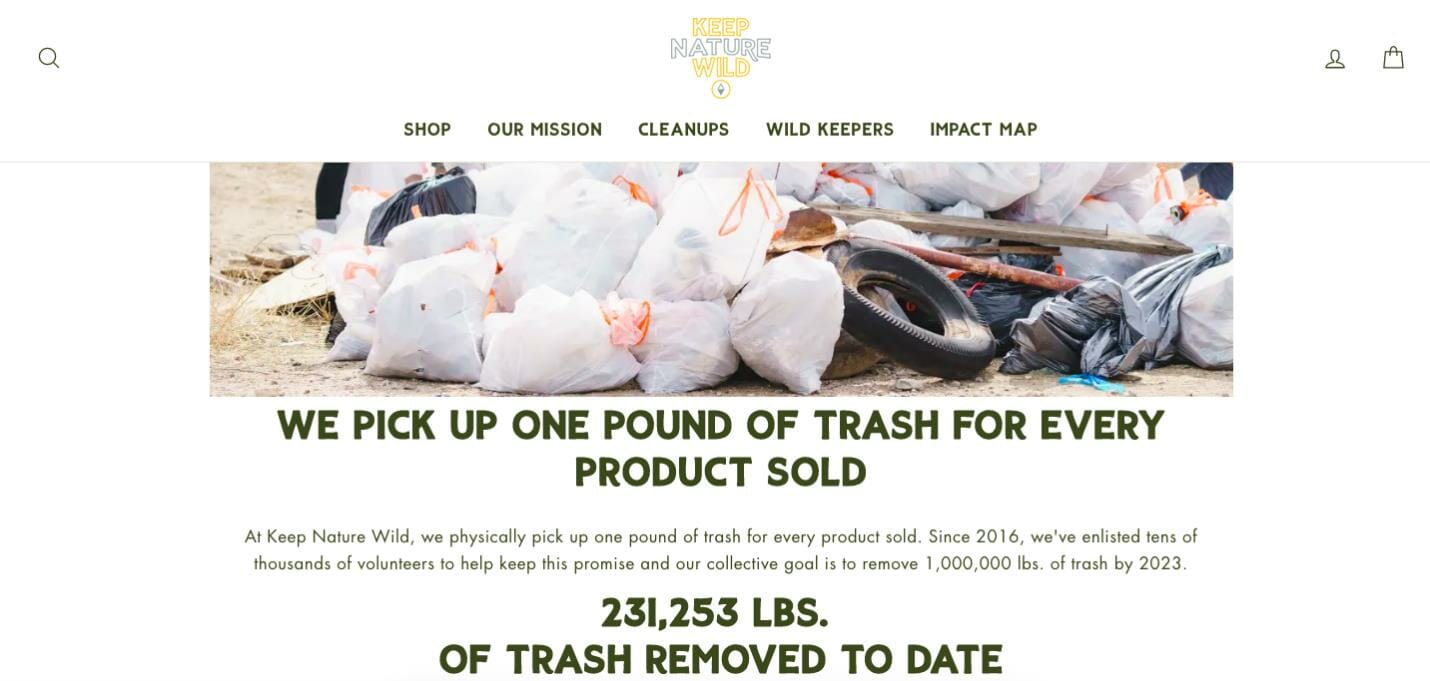In a world full of distrust and manipulation, consumers and employees alike are seeking one thing above all else in companies: a purpose that’s good and trustworthy. Businesses can no longer survive on sales and new products alone. They need to have initiative and public support to thrive in today’s competitive environment.
This is where philanthropy plays a role.
Companies with purpose are able to better motivate employees and satisfy customers, but that purpose has to be visible. People are loyal to companies they believe in, and people innately lean toward organizations that have a giving spirit.
Business philanthropy is strong
According to Charity Navigator, charitable giving has continued in an upward trend over the past several years. Last year, corporations in the United States donated more than $17.77 billion to non-profit organizations. Whether they’re volunteering or donating financially, businesses are clearly pursuing philanthropy as a path toward success.
As millennials become some of the biggest spenders and workers in our society, it’s important to note what they care about in businesses, including social impact. About 33% of all consumers now choose to buy from brands they believe are doing social or environmental good, and 78% of Americans believe that companies must do more than just make money – they must positively impact society, too.
Companies are listening to this sentiment, and philanthropic activity is increasing as a result.
An example of a company that is much praised for its philanthropic work is Warby Parker, the eyewear brand.
For every pair of glasses they sell, the company helps train adults to administer eye exams and provides vision care and glasses to students in need. Warby Parker openly partners with VisionSpring, the Department of Health in Baltimore, and the Department of Education in New York to make a social impact, and many people love the brand as a result.
Now, that’s not to say that every company that gives to worthy causes is beloved by the public and its employees. In fact, some people view an excess of philanthropic work as suspicious. If the charity work isn’t handled carefully, it can stink of false intentions and been seen as purely self-promoting. Corporations must walk the fine line between benefiting from their positive actions and coming across as “fake” to their audiences.
How to implement philanthropy wisely
If your company is looking into philanthropic activities, the important thing is to highlight your motivation above all else. Why are you giving to others, and what exactly does it mean to you?
Let’s dive into some of the best ways you can start giving to others as a corporation without seeming phony.
In order to succeed, businesses need to tap into the values they share with their customers. There should be a healthy degree of congruence between what you, as a company, want to support philanthropically and what your ideal consumer wants to support. In some cases, these parallels might even help you more strongly define your brand’s morals and culture.
Take a look at Keep Nature Wild, a non-profit clothing company that sells “products with a purpose.” The company picks up one pound of trash for every item sold.
They host group clean-ups and formed a community of consumers and employees who share the same values. Not only has Keep Nature Wild given back, but it reinforces its image as an environmentally friendly outdoors-focused company.
Once you find the overlap in philanthropic values, it won’t just influence your customers; it will change how you hire people to work for your company. As your corporate social responsibility programs become known, it will help you attract candidates that share your values. With websites like Glassdoor offering an insider’s view of your company and review sites publicly calling brands out for bad actions, you need to make your values clear to all and to live what you say. Your culture, as demonstrated through your public philanthropy, helps you do that.
Don’t try too much
A connection with a charity or a certain set of beliefs doesn’t need to be complicated. In fact, keeping things simple and natural can help people trust your intentions.
A 2017 study revealed that 43% of Americans find brands and companies less truthful than they were 20 years ago. Businesses can no longer just say that they have philanthropic values and ambitions – they need to demonstrate the authenticity of their culture – internally, as well as externally. Otherwise, consumers will raise their eyes in skepticism at overt claims of philanthropy.
Nowadays, philanthropy has become an integral part of establishing trust with employees and consumers. Corporations that contribute time and effort, not just money, to worthwhile causes tend to become more successful than those that don’t.
Give people reasons to trust your business’ values and culture while simultaneously doing good for others. The money and time you donate will certainly with your employees and your customers.
